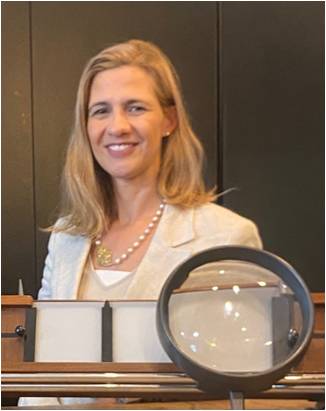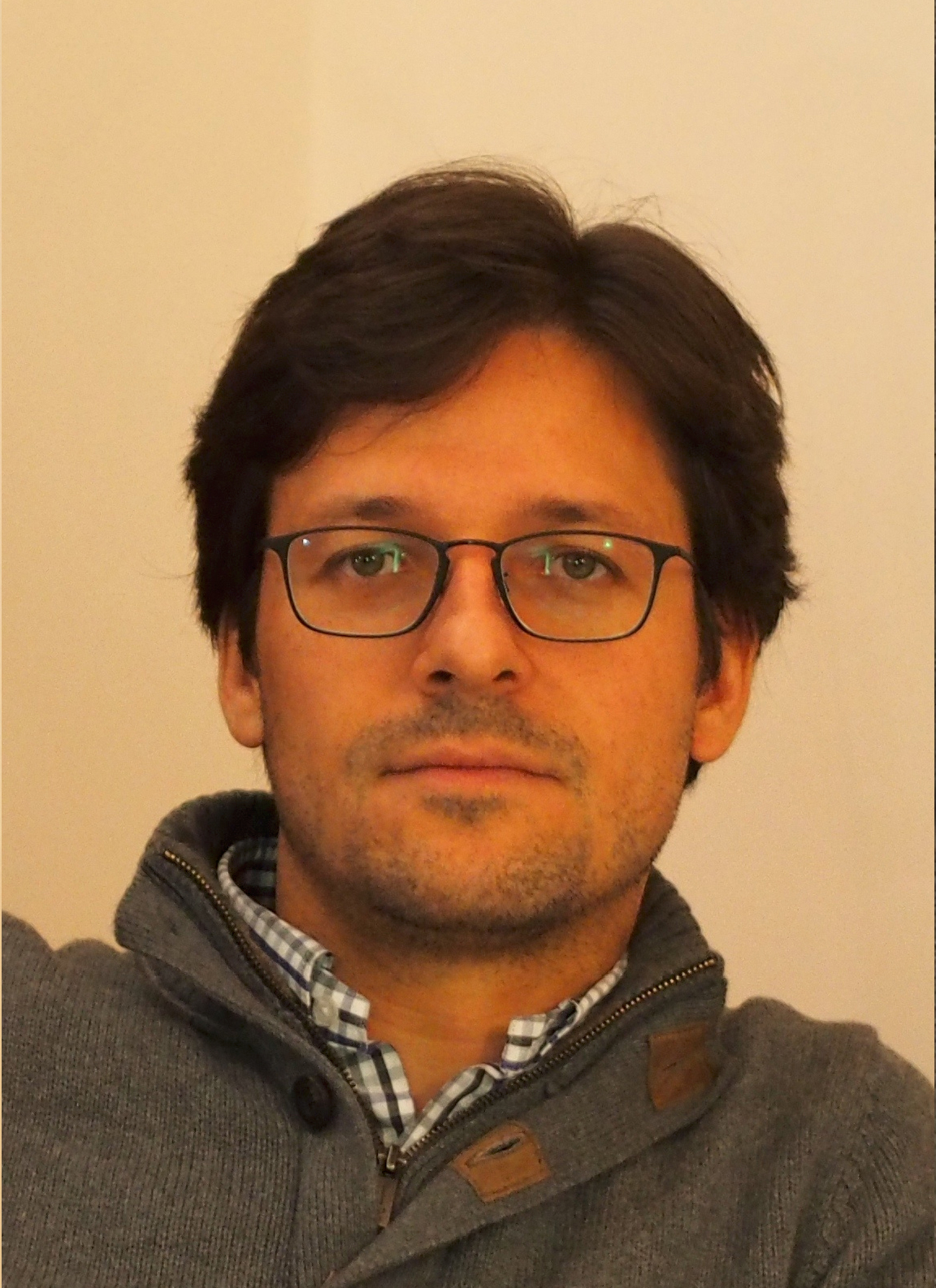Portuguese Radiology lives in a whirlwind of challenges and needs all of us!
We have been witnessing a progressive evolution of Radiology and of several satellite areas of Radiology, which enable the affirmation of our central and decisive position in Medicine. We live in a time of change and the contribution and commitment of radiologists is pertinent to the challenges of the era of Modern, Digital and Precision Medicine, to accentuate the difference we make to Medicine, for posterity.
Recently, some challenges have been overcome, such as the approval of the Good Practices Manual, a document of significant relevance that allows the role of the Radiologist and Radiology to be redefined and promotes the necessary adaptations for the proper functioning of institutions. This document is a useful ally to enhance the implementation and optimization of the ability to respond to patients’ needs and the improvement of healthcare provided to the population. In the Good Practices Manual, we highlight the inclusion of a chapter dedicated to Artificial Intelligence (AI), which promotes a pioneering and tangible reflection on recommendations regarding AI in our country. Also, we cannot fail to highlight the chapter referring to well-being and preventing exhaustion, aspects that are so relevant in the current context.
New opportunities in Radiology were also established, such as the updating and modernization of Radiology Training, in line with the recommendations of the European Society of Radiology.
The transformation in Radiology Training, which had already been subtly noted in the most recent curricular paths, will soon be observed transversely, by the recent and longawaited approval of the new Specific Training CV, which currently includes levels I and II of Training taking place during the Specific Training residency, and comes very close to the moment of approval and implementation of the Subspecialization in Radiology, referring to level III Training, after the Specific Training residency.
The relevance of creating the first Radiology Subspecialties, currently available in the Head and Neck areas; Cardiac and Vascular; Intervention; and Thoracic is fundamental for radiological differentiation and training, but also to strengthen the perception of differentiation and recognition by patients and our peers and intensify awareness among government and administrative authorities.
New areas are being finalized in order to make recognition of internationally defined areas available in Portugal.
In the area of Specific training, it is also worth mentioning some innovations introduced by the College that consolidate the sustainability of Radiology, namely the reformulation of the calculation of the Training Capacity of Departments, which enhances the consolidation and sustainability of Radiology and the attribution of Training Suitability to private Institutions , which has been successful.
In the broader context of the Portuguese Medical Order, we are a national reference in the organization of exams at the end of specialty residency and we defend carrying out exams with a minimum of variability in the evaluation parameters. Apart from the curricular assessment, all other assessment components are carried out simultaneously and equally for all candidates, in the different juries and in each season, minimizing assessment biases and promoting impartiality and homogenization of the assessment format. The phased implementation of the new CV is not intended to cause difficulties for candidates or Training Departments or teams, and there will be a period of transition and adaptation to the new model.
The publication of a Newsletter was also a novelty bringing the Board of Directors of the College closer to its members and aiming to encourage collaboration that is intended to be informed and fruitful. The first edition was a success with excellent reception and is the motto for the communication culture that is defended.
Throughout the Board of Directors’ mandates, the ability to interact with the President of the Portuguese Medical Order and intervene in the resolution of relevant issues has increased and the role of the College of Radiology was truly reinforced, with the certainty that we are heard and considered as a valid partner.
The College of Radiology developed an important and exceptional role within the CNEMPC of the Portuguese Medical Order for the review of the single table of medical acts, its nomenclature and way of determining the relative value of the act, highlighting the contributory importance of the College and of Radiologists in creating comprehensive solutions for all specialties. The next objective will be its publication, which is expected soon, with full impact on clinical practice across the country’s institutions.
Collaboration with other national institutions of Radiologists, including APRANEMN and SPRMN, is valued and very important so that complex and transversal issues with aspects that go beyond the College and the Portuguese medical Order can be addressed and resolved. An example of these matters is the carrying out of examinations by non-physicians. These are difficult times, in which, along with low health literacy and the ineptitude of governmental institutions, the usurpation of the medical act and pseudoscience are facilitated, and ad hoc training given by non-doctors on radiological medical acts (no longer just confined to ultrasound) with spurious certifications. This serious attack on Medicine and our specialty is recurrent and requires the effort and collaboration from all of us doctors to avoid a profound impact on the quality and safety of health services provided to the population.
On a more optimistic note and with closer future perspectives, we will seek to support teams from Trainer Departments and aspiring Trainers, following the innovations recently introduced within the scope of Radiology Training and achieve greater representation in decision-making bodies, but this aspect will be highly dependent on the availability and commitment from all of us radiologists.
Finally, a special and sincere thank you to the members of the current Board of Directors and the outgoing Board and to everyone who collaborates with the Board of Directors of the College.
Together we will do more and better!

















